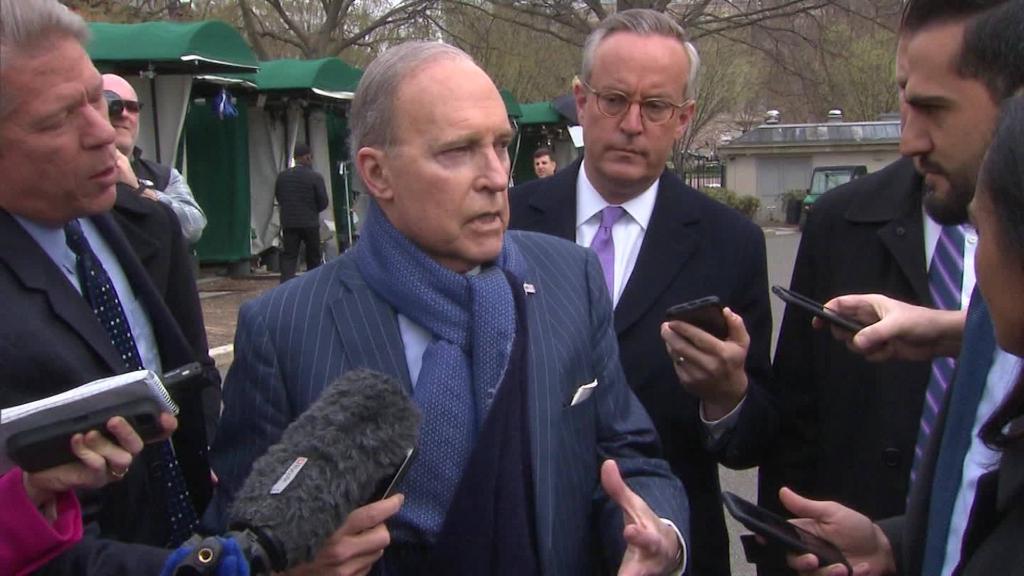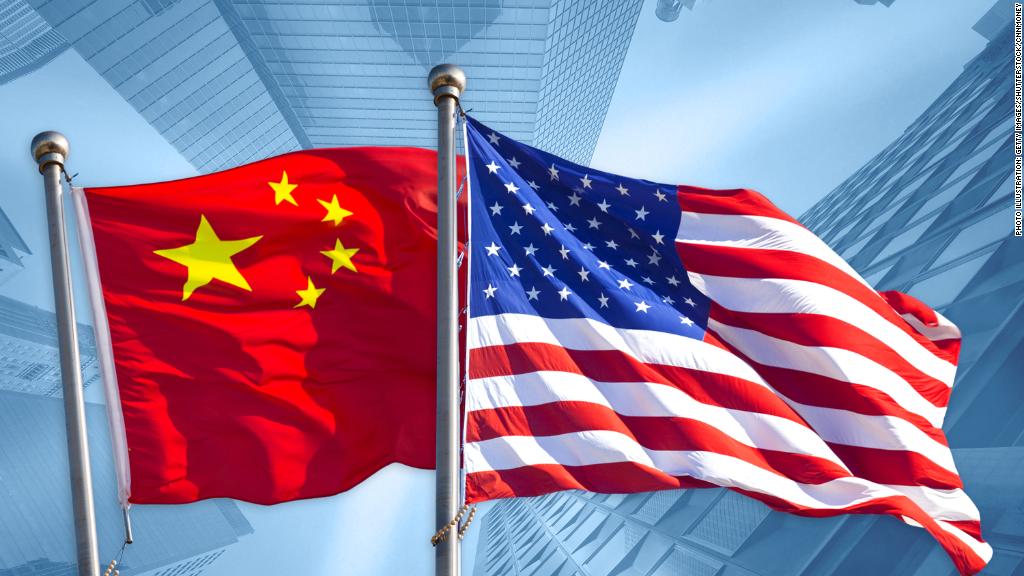
Escalating tensions are putting the global trading system at risk, the head of the International Monetary Fund warned Wednesday.
Calling on countries to steer clear of protectionism, IMF Managing Director Christine Lagarde said in a speech that the "system of open trade based on rules and shared responsibility is now in danger of being torn apart."
Her comments in Hong Kong come as the United States and China are locked in a tense trade dispute in which they have threatened to slap tariffs on tens of billions of dollars of each other's exports.
Lagarde didn't pin the blame for the current crisis on any particular countries, saying that the splintering of the global trading systems would be "an inexcusable, collective policy failure."
She urged countries to "reduce trade barriers and resolve disagreements without using exceptional measures."
That appeared to be a veiled reference to recent moves by the Trump administration to impose tariffs outside of the World Trade Organization process. Experts have warned that the US moves are already undermining the system.
Related: How did China end up posing as the defender of global trade?
But Lagarde's speech also reflected some of the United States' grievances about China.
"Each country has a responsibility to improve the trade system by looking at its own practices and by committing to a level playing field where all countries will be following the rules," she said. "This includes ... better protection of intellectual property [and] reducing the distortions of policies that favor state enterprises."
Trump has cited alleged Chinese intellectual property theft as a reason for proposed tariffs on $50 billion on Chinese goods. China has rejected the US allegations but also promised to step up its efforts to strengthen intellectual property protection.

Lagarde warned that measures like tariffs "hurt everyone, especially poorer consumers."
"Not only do they lead to more expensive products and more limited choices, but they also prevent trade from playing its essential role of boosting productivity and spreading new technologies," she said.
Related: What is the WTO, and how does it work?
If the United States wants to reduce its huge trade deficit with China and other countries -- as Trump has repeatedly said he intends to -- Lagarde said it would be better off using "policies that affect the economy as a whole."
She suggested the US government should, for example, try to reduce its massive budget deficit by gradually reining in spending and increasing the amount of revenue its brings in (which governments usually do by raising taxes).
The United States is currently moving in the opposite direction, though.
Following the recent tax cuts and an agreement to raise federal spending, the nonpartisan Congressional Budget Office now projects that annual US budget deficits will cross the trillion-dollar mark in 2020, two years sooner than previously forecast.


